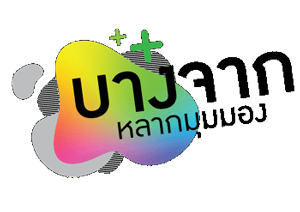12 April 2024
Call to Action: Let’s “Fry to Fly” and “No Refry” for Sustainable Aviation Fuel (SAF) Production
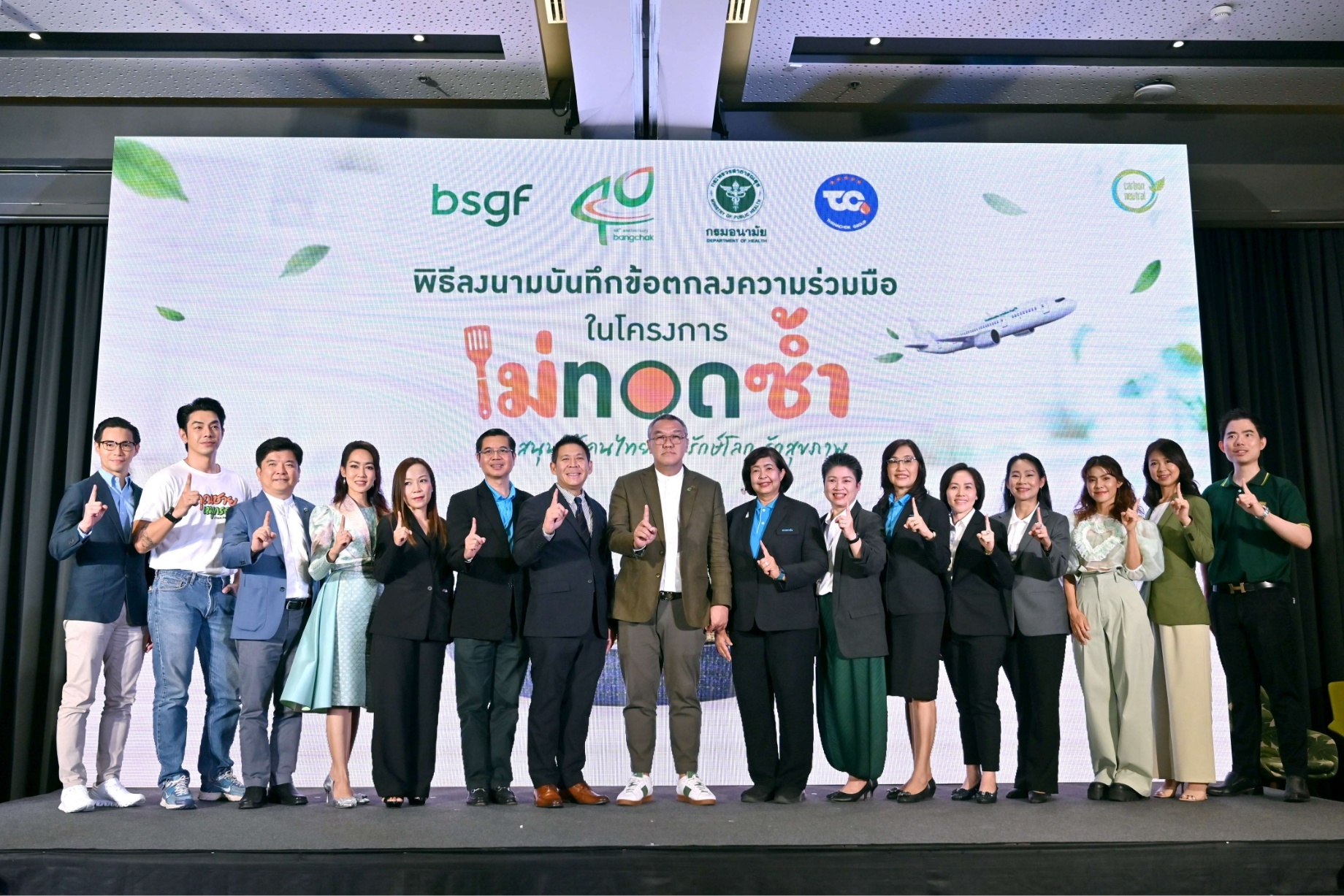
Beginning as an initiative to “Purchase Used Cooking Oil” for Bangchak Group’s biodiesel production, as the Leader in Renewable Energy 17 years ago in 2007, this initiative aimed to address the issue of improper disposal of used cooking oil, which not only affects the environment but also has adverse effects on health with repeated usage. Today, Bangchak Group, as a Future Energy Leader, has elevated the purchasing of used cooking oil for sustainable aviation fuel (SAF) production through the “Fry to Fly” campaign. The “No Refry” campaign extension encouraged the public with safe consumption options from certified “No Refry” food vendors.
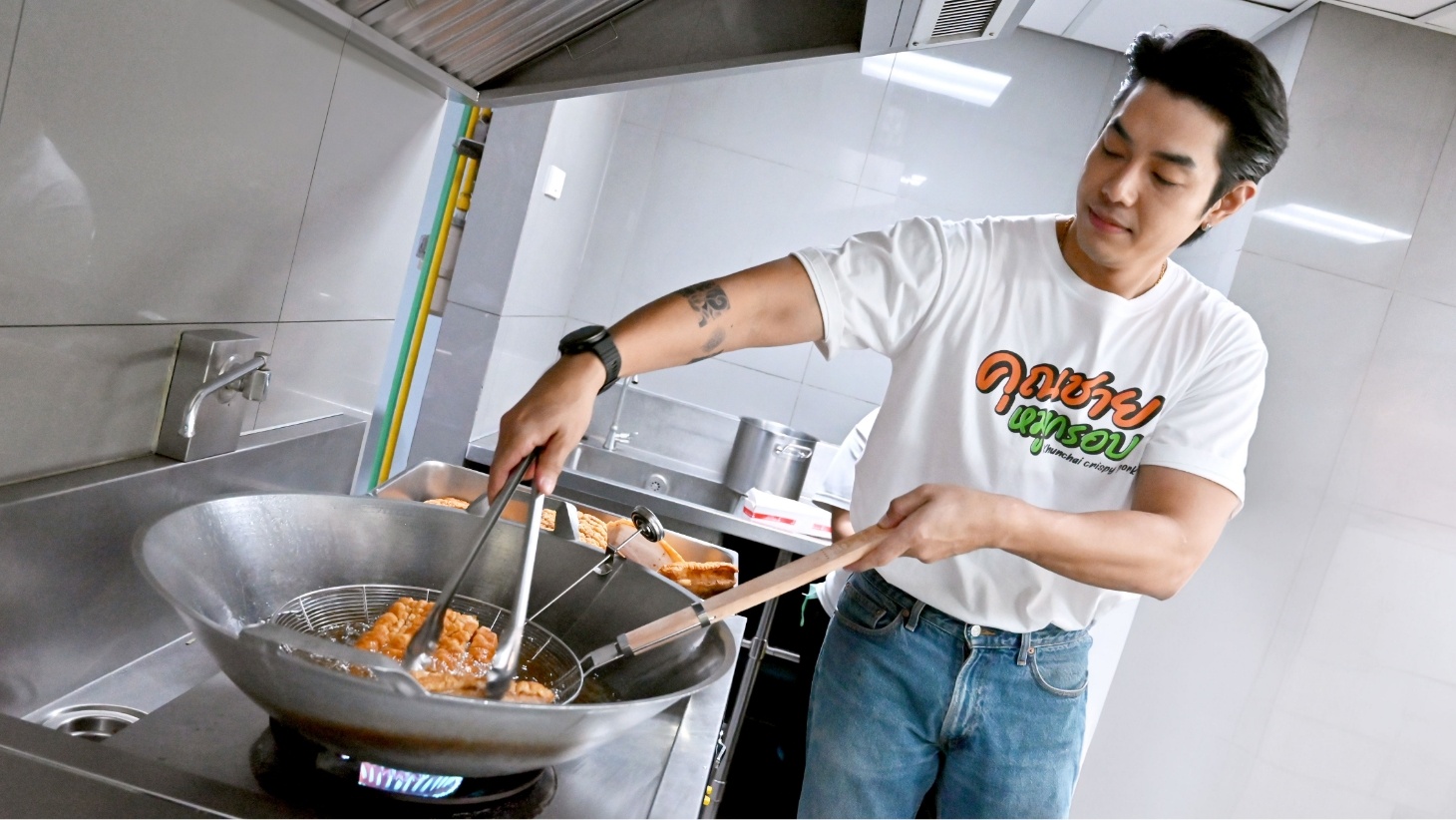
“I am delighted for Thai people and humanity as a whole … The day Bangchak executives met with me at the Department of Health and invited me to board the maiden voyage of a flight fueled by used cooking oil…It was straightforward for us to join immediately, recognizing the benefits. To progress, we must cooperate.”
Dr. Achara Niti-apinyasakul, Director-General of the Department of Health, expressed her feelings on the day of signing the memorandum of understanding for the “No Refry” campaign between Bangchak and the Department of Health.
“We knew “No Refry” was good for our health, but once we learned that cooking oil could be used to produce fuel for planes, we were ecstatic. It was a very positive beginning. Bangchak already had the “Fry to Fly” campaign, and the Department of Health wanted to prevent the refrying of cooking oil. These two campaigns complement each other because they are no longer just about health but also address our environmental concerns.”
The Director-General of the Department of Health reiterated the importance of this collaboration, stating, “The No Refry campaign has three essential aspects regarding health, the environment, and the economy. The launch of the campaign will stimulate awareness and engagement from all stakeholders. The added benefit of cash rebates from selling used cooking oil is enough for the public to decide to “No[t] Refry,” which consumers directly benefit from healthy consumption free from harmful substances.”

Driving the “No Refry” campaign towards its goal, Dr. Achara explained that the first step is cultivating a “consciousness” that engages everyone to be a part of the positive change regarding a clean and safe environment. The public and business operators should prioritize health and prepare foods without refrying used cooking oil, which can be sold, leading to cost reduction. This is beneficial for the entire system.
Moreover, the Director-General noted the legal ramifications for the future, including the Clean Food Act and Consumer Protection Act, and pondered the possibility of “No Re-fry” tax incentives. Support from relevant laws will expedite progress.
Restaurants seeking the “No Refry” certification must meet the criteria. This includes consistently selling used cooking oil to BSGF Company Limited (a Bangchak Group subsidiary) or Thanachok Vegetable Oil (2012) Company Limited for at least six months and using cooking oil with a total polar compound value not exceeding 25% of the oil’s weight. Inspections will be conducted before certification.
In essence, showcasing the “No Refry” certificate enhances consumer confidence. I envision seeing the “No Refry” sign everywhere. If that came true, the public could be relieved. Thais are attached to deliciousness, especially with fried, grilled, and roasted dishes. However, we should consider that delicious should also mean safe. Refrying used cooking oil has health implications, such as cardiovascular diseases and stroke, and contains carcinogenic substances.
“The Ministry of Public Health of Thailand alone cannot fully provide comprehensive health care to the public. This is because the quality of health goes beyond healthcare and depends on the environment. We must thank Bangchak for these projects that have led the way. In addition to No Refry's positive health and environmental benefits, it also helps drive the economy.”
Not only the Director-General of the Department of Health but many others eagerly anticipate the maiden flight of the aircraft powered by SAF, produced from used cooking oil collected from the sibling projects “Fry to Fly” and “No Refry” campaigns.
The "Fry to Fly" and "No Refry" initiatives represent innovative approaches to sustainable energy and healthy consumption. Together, these initiatives not only support clean energy production but also foster a culture of responsible consumption, aligning with global sustainability goals and the BCG economy model.
Creating a Sustainable World and Promoting Good Health with the “Fry to Fly” and “No Refry” Campaigns
Fry to Fly :
aims to raise awareness among the public and food businesses to avoid improper disposal of used cooking oil in public areas, thus preventing environmental impacts. The Fry to Fly campaign is an initiative by Thanachok Group, a joint venture partner in BSGF Company Limited (a Bangchak Group subsidiary). BSGF developed the campaign to expand the network and purchase used cooking oil.
No Refry :
focuses on promoting safe food consumption practices. Food businesses are encouraged to refrain from refrying used cooking oil, providing safe food consumption alternatives whereby the public can choose businesses that have received “No Refry” certification.
Join Us in Preserving a Sustainable World
First, embrace “No Refry” practices for used cooking oil in households or restaurants. Then, consider contributing your used cooking oil to the “Fry to Fly” Program. You can sell your used cooking oil from households and restaurants at 162 participating Bangchak service stations nationwide (84 service stations in Bangchak Metropolis and 78 service stations in the provinces. Scan the QR Code for more details) or at BSGF-designated purchase points. Your used cooking oil will then be transformed into Sustainable Aviation Fuel (SAF), aligning with the principles of the Bio-Circular-Green (BCG) Economy Model.
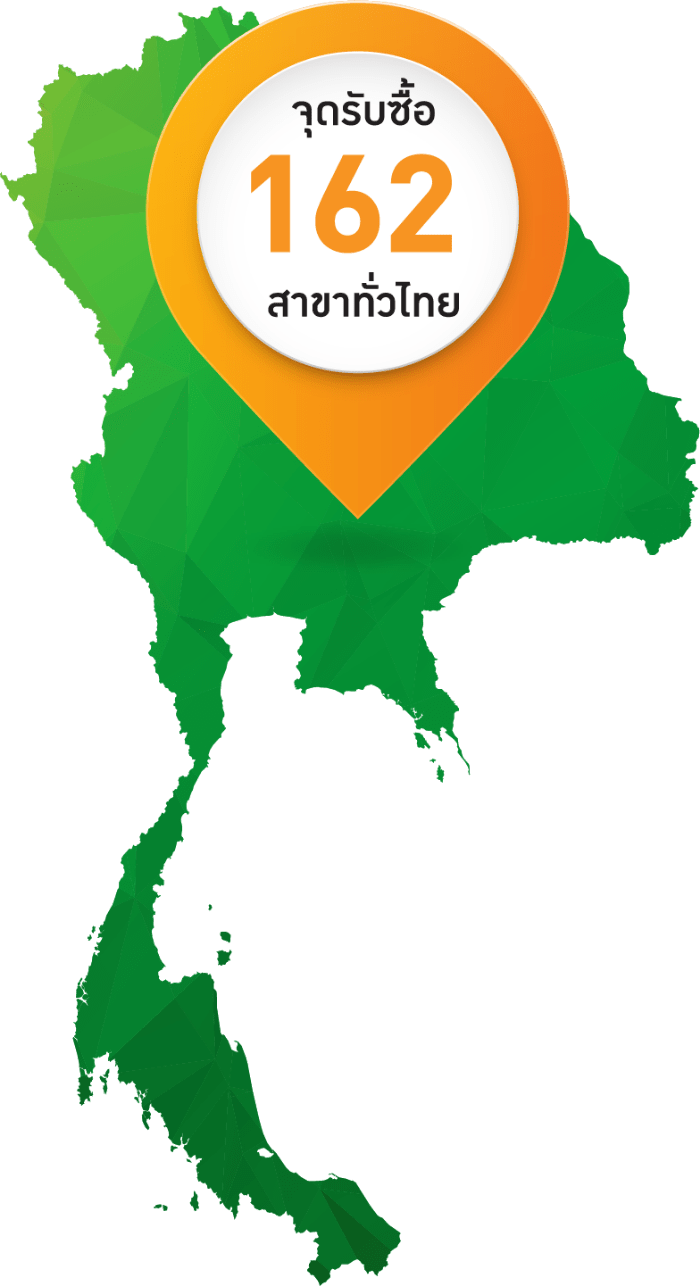
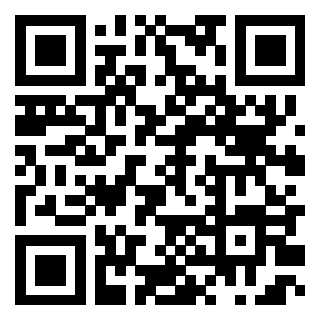
Scan QR Code for more details



